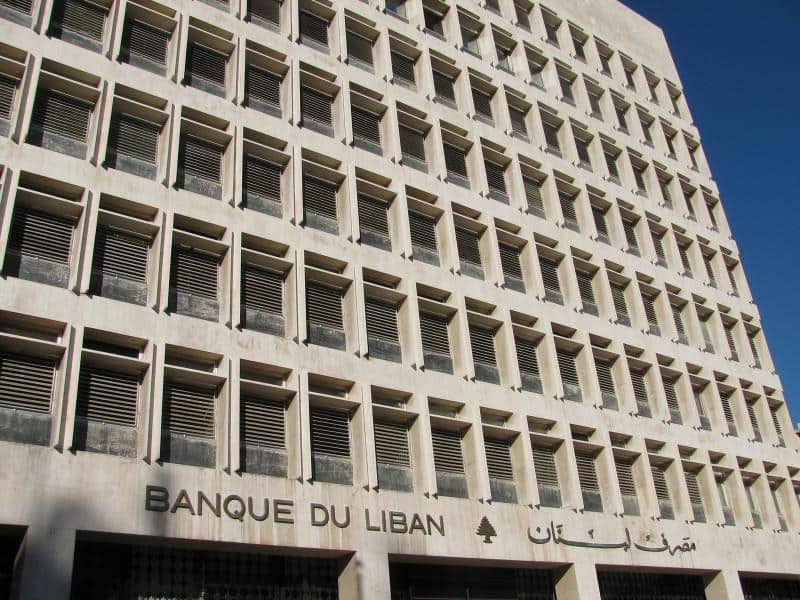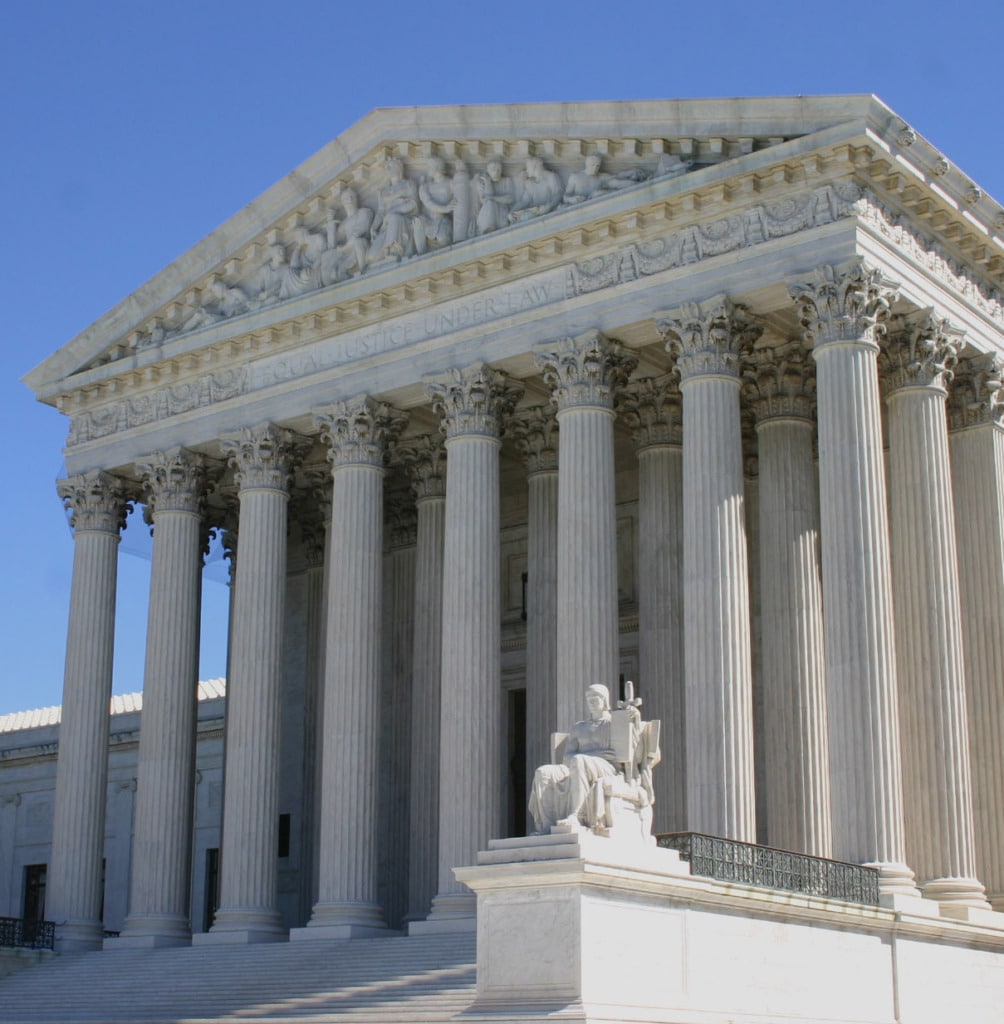China Adopts Restrictive Theory of Foreign State Immunity
On September 1, 2023, the Standing Committee of the National People’s Congress promulgated the Foreign State Immunity Law of the People’s Republic of China (FSIL) (English translation here). When the law enters into force on January 1, 2024, China will join those countries—a clear majority—that have adopted the restrictive theory of foreign state immunity. For…
Continue ReadingUsing TLB to Teach Foreign Relations Law
This post discusses Foreign Relations Law as part of our series explaining how professors can use resources on TLB to teach various classes. Previous posts have discussed Transnational Litigation, Civil Procedure, International Business Transactions, and Conflict of Laws. Although TLB focuses on litigation, and Foreign Relations Law classes cover many topics that are rarely litigated, there is significant…
Continue ReadingUpdate on Cassirer
Last year, the Supreme Court decided Cassirer v. Thyssen-Bornemisza Collection Foundation, a case about choice of law under the Foreign Sovereign Immunities Act (FSIA). This post gives a quick update on what has happened since, and where things are going next. Cassirer is a lawsuit about the ownership of a Camille Pissarro painting, surrendered by…
Continue ReadingWhy Terrorism Exceptions to State Immunity Do Not Violate International Law
[Editor’s Note: This post also appears at Just Security.] On June 27, 2023, Iran sued Canada at the International Court of Justice (ICJ), arguing that the terrorism exceptions in Canada’s State Immunities Act (SIA) violate customary international law. As Professor Maryam Jamshidi noted at Just Security, it seems that the main target of Iran’s action…
Continue ReadingSupreme Court Roundup (October Term 2022)
During its 2022 Term, which ended four weeks ago, the Supreme Court decided five cases with important implications for transnational litigation. The questions included whether the Foreign Sovereign Immunities Act (FSIA) applies to criminal proceedings; the standard for aiding and abetting under the Anti-Terrorism Act (ATA); whether states may exercise general personal jurisdiction over foreign…
Continue ReadingU.S. Immunity of International Organizations Since Jam v. IFC: New Challenges and Opportunities
In 2019, the Supreme Court reset the U.S. law of immunities for international organizations with its landmark judgment in Jam v. International Finance Corporation. That case overturned the long-held understanding that the International Organizations Immunities Act (IOIA), 22 U.S.C. §§ 288 et seq., entitled international organizations designated under it to virtually absolute immunity from U.S….
Continue ReadingHalkbank On Remand: Immunity and Extraterritoriality – Judicial Deference or Customary International Law?
The Supreme Court surprised some by ruling unanimously in Turkiye Halk Bankasi A.S. v. United States that the Foreign Sovereign Immunities Act (FSIA) does not protect Halkbank from criminal prosecution in U.S. courts. Seven Justices concluded that the FSIA applies solely to civil actions but remanded the case – without guidance – for the Second…
Continue ReadingDiscovery and Immunity: LIV v. PGA
The U.S. legal battle between the PGA Tour (Tour) and the upstart rival LIV Golf continues to revolve around discovery. As regular TLB readers know, LIV Golf is a new professional golf tour that competes with the PGA, in part by luring PGA players to play in LIV tournaments. LIV is financed by the Public Investment…
Continue ReadingLitigating Expropriation Claims in U.S. Courts
Foreign sovereigns generally enjoy sovereign immunity in the United States by operation of the Foreign Sovereign Immunities Act (FSIA). The FSIA specifically provides, however, that a foreign sovereign shall not be immune in any case in which “rights in property taken in violation of international law are in issue.” On its face, this expropriation exception…
Continue Reading






